Precision Forging! Unveiling the Details of Flanges
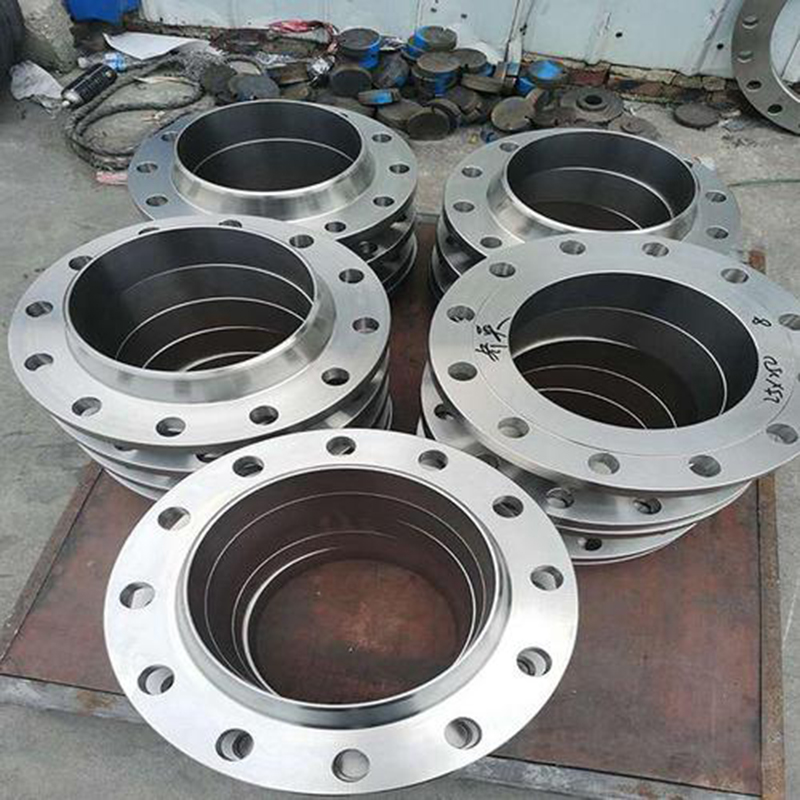
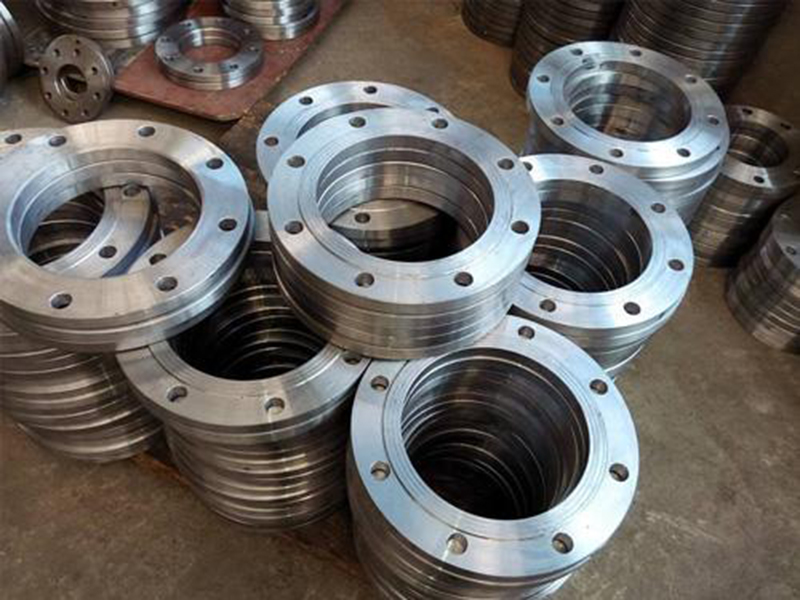
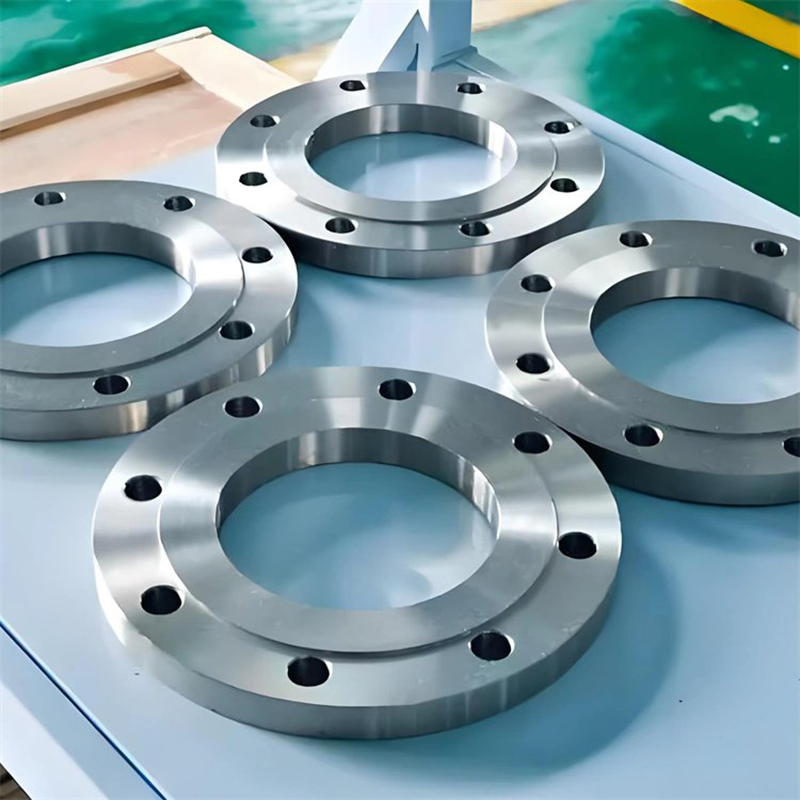
| Product name: | Precision Forging! Unveiling the Details of Flanges |
| Keywords: | |
| Industry: | Metallurgy and minerals - Exploration industry |
| Process: | - |
| Material: |
Processing manufacturer
- There are 31 manufacturers that provide similar products
- There are 144 manufacturers that provide this processing technology
- There are 76 manufacturers that provide this material processing service
- There are 196 manufacturers that provide this industry processing service
Product details
Precision forging is the core technology in manufacturing forged flanges. It utilizes high-precision processes to create flanges with excellent performance and precise dimensions, widely used in demanding industrial scenarios. The following is a "reveal" of the details of precision forged flanges, focusing on the key points of their manufacturing, performance, and applications:
1. The Secrets of Precision Forging
High-Temperature Shaping: Precision forging uses high-temperature metal billets (typically 800-1200°C), precisely formed in molds by high-tonnage presses or hydraulic presses, resulting in refined grains and minimal internal defects.
Near-Net Shape Forming: Compared to traditional forging, precision forging produces shapes closer to the final form, reducing subsequent machining, saving materials, and improving efficiency.
Mold Design: High-precision molds are crucial, ensuring the accurate formation of complex geometric shapes (such as sealing surfaces and bolt holes), with tolerance control within ±0.1mm.
2. Striving for Perfection in Flange Details
Sealing Surface Precision: The surface roughness of the sealing surface of precision forged flanges (such as RF raised face, RTJ ring type joint face) can reach Ra 1.6-3.2μm, ensuring tight fit with gaskets and preventing micro-leakage.
Bolt Hole Alignment: High precision in bolt hole positioning, with deviations controlled within ±0.05mm, ensures perfect alignment during installation, avoiding stress concentration.
Material Optimization: Common materials include stainless steel (304, 316L), alloy steel (F11, F22), nickel-based alloys, etc., optimized for high-temperature, high-pressure, or corrosive environments.
Surface Treatment: Through polishing, sandblasting, or coatings (such as galvanizing, PTFE coating), corrosion resistance and aesthetics are improved.
3. Performance Advantages
High Strength and Toughness: Precision forging improves metal fiber flow, allowing flanges to remain stable under high pressure (such as Class 2500) or extreme temperatures (-196°C to 600°C).
Consistency: The mechanical properties and dimensions of each flange are highly consistent, suitable for mass production and large-scale pipeline systems.
Fatigue Resistance: Precision forging reduces internal stress concentration, extending service life, especially in vibration-prone scenarios.
4. Stringent Standards for Manufacturing and Inspection
Automated Production: The use of CNC forging equipment and CAD/CAM technology ensures stable production processes and reduces human error.
Non-Destructive Testing: Through ultrasonic (UT), radiographic (RT), magnetic particle (MT) testing, etc., ensuring no cracks, inclusions, or other defects.
Standard Compliance: Following international standards such as ASME B16.5, EN 1092-1, API 6A, etc., meeting global market requirements.
5. Diversity of Application Scenarios
Oil and Gas: Precision forged flanges are used in deep-sea oil and gas pipelines, withstanding high pressure (>1000 bar) and corrosive media.
Aerospace: Used in hydraulic systems and fuel pipelines, requiring lightweight and high reliability.
Nuclear Power and Chemical Industry: In high-temperature and high-pressure reactors and pipelines, ensuring zero leakage and long-term stability.
6. Challenges and Future Trends
Challenges: Precision forging requires high equipment and mold costs, and a longer production cycle, requiring a balance between cost and performance.
Trends: Smart manufacturing (such as 3D printing-assisted mold design), green materials (such as low-carbon alloys), and stricter environmental standards are driving technological innovation in precision forging.
Summary
The "secret" of precision forged flanges lies in their high-precision molds, near-net shape forming processes, and strict quality control, giving them excellent sealing performance, strength, and reliability. From micron-level surface precision to adaptability to harsh environments, precision forged flanges are the pinnacle of industrial connection technology.
Similar products
More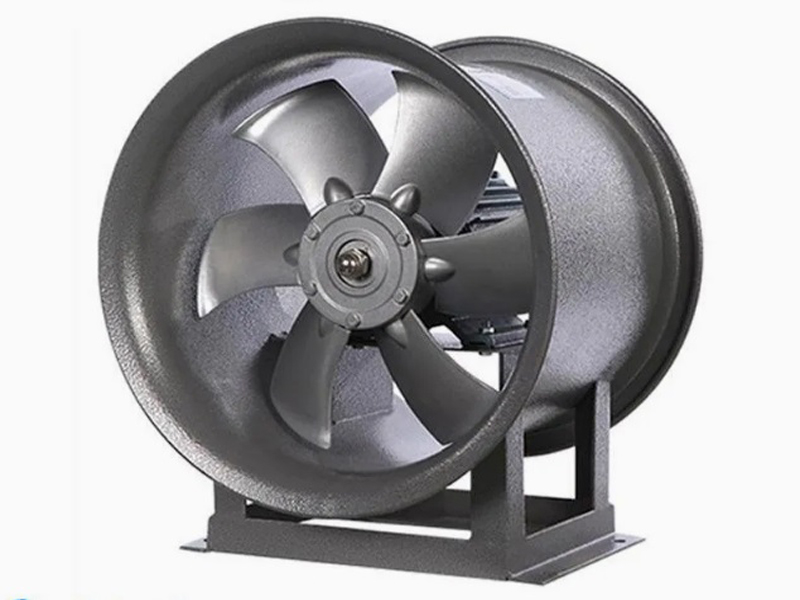
What are the machining processes used for processing axial fan housings
- Process : Sheet metal - Welding
- Material : Carbon steel
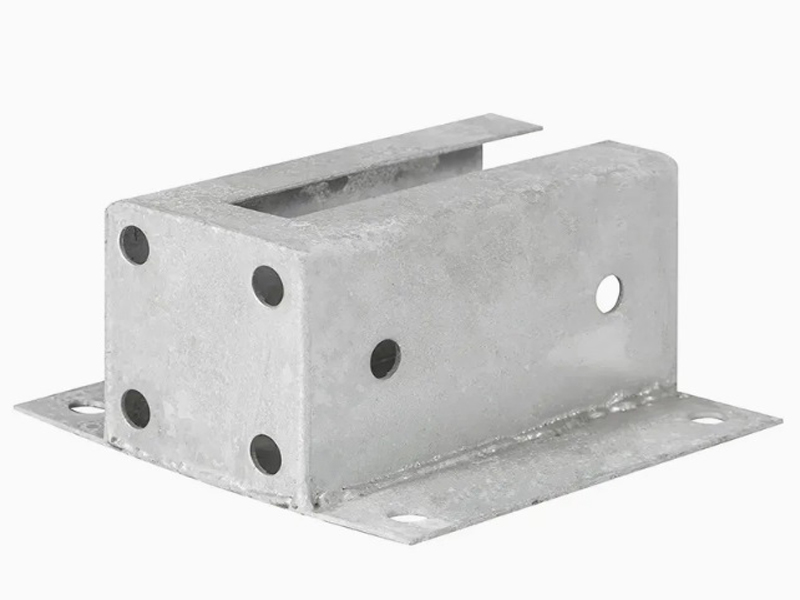
Machining Process Analysis of Carbon Steel Fixed Anchor Plates
- Process : Machining - CNC milling or milling machining
- Material : Carbon steel
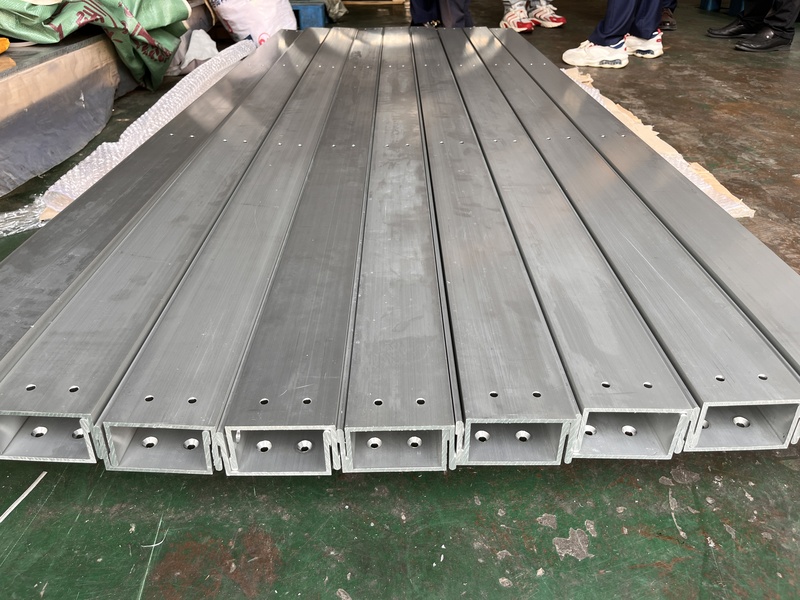
Precision Machining of U-Steel Profiles for Building Applications
- Process : Stamping - General stamping
- Material : Aluminum
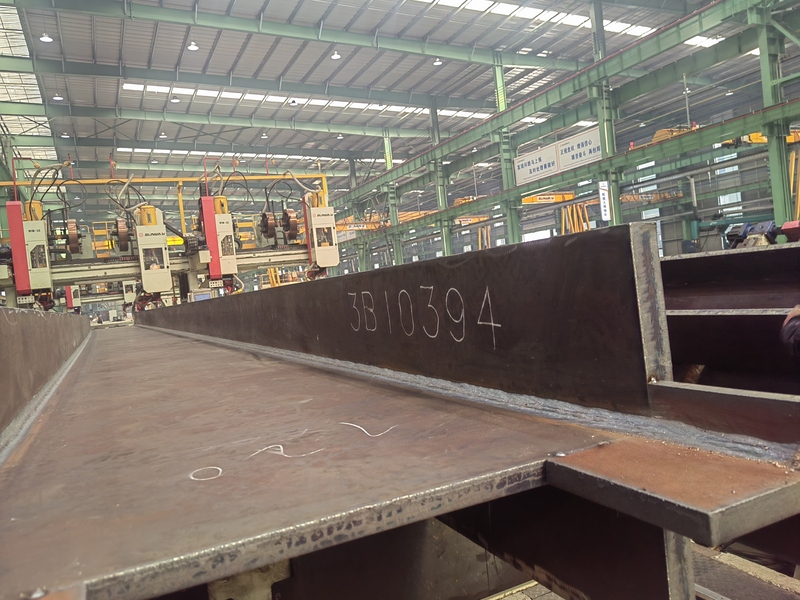
Custom Fabrication of S355JR Welded H-Beams for Construction Projects
- Process : Sheet metal - Welding
- Material : Carbon steel
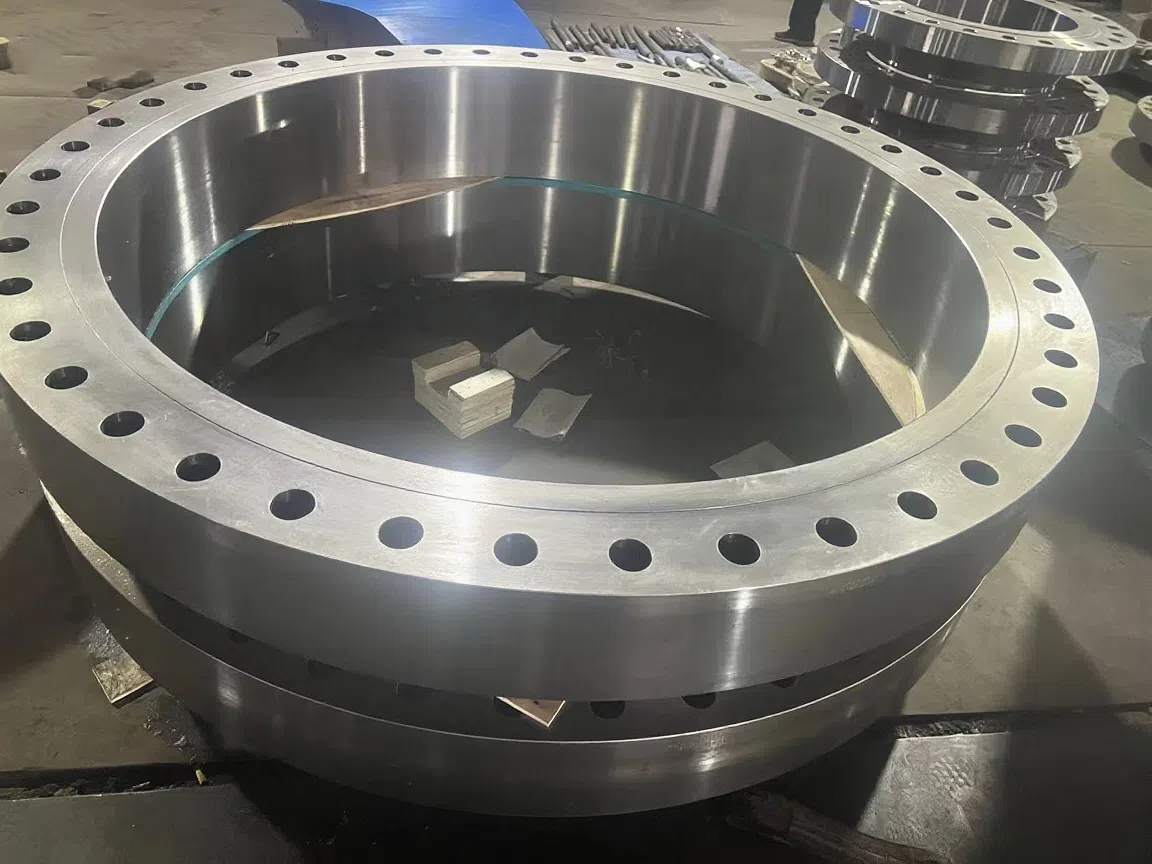
Heavy-Walled Flange Milling-Turning Machining and Flaw Detection
- Process : Machining - Turning Milling compound
- Material : Alloy steel
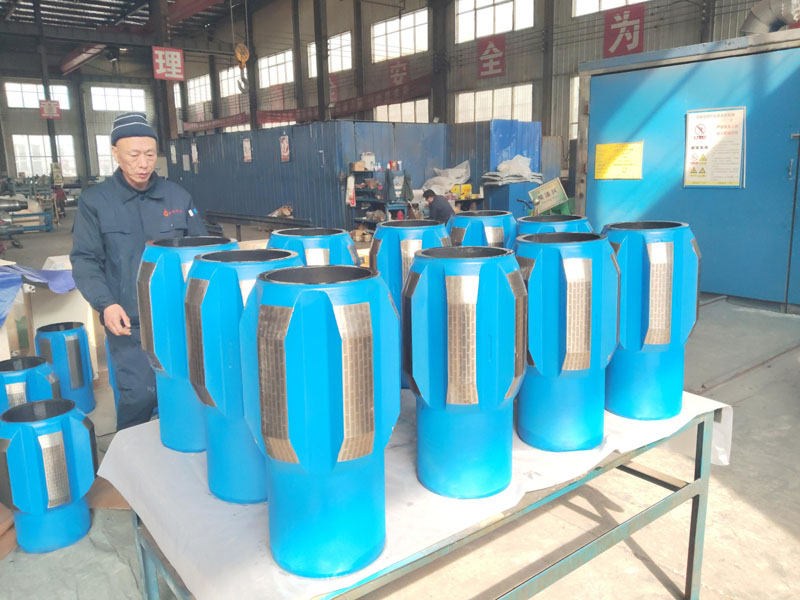
Drill Stabilizers Applied in Oil Drilling Platforms
- Process : Machining - Five-axis machining
- Material : Alloy steel
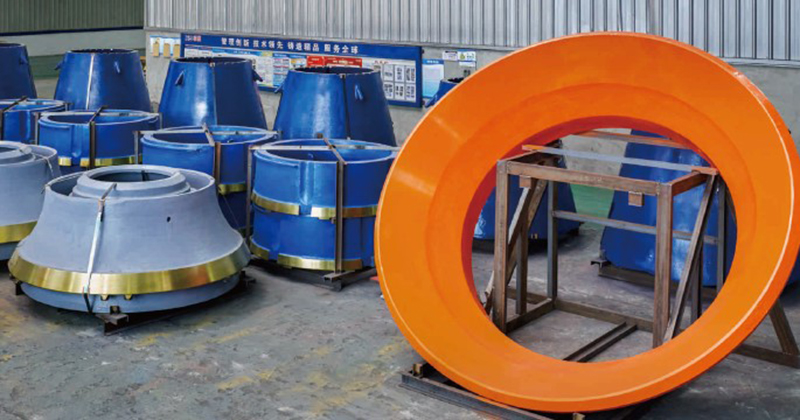
Cone Crusher Mantle
- Process : -
- Material :
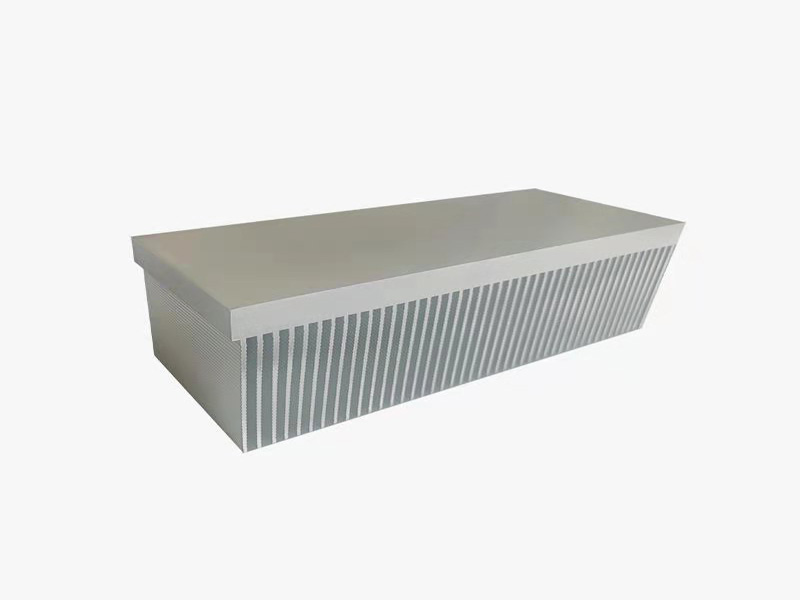
Innovative skiving technology: Breaking through the bottleneck of high-density heat dissipation technology
- Process : Surface treatment - Others
- Material : Alloy steel
More products
More
What are the machining processes used for processing axial fan housings
- Process : Sheet metal - Welding
- Material : Carbon steel

Machining Process Analysis of Carbon Steel Fixed Anchor Plates
- Process : Machining - CNC milling or milling machining
- Material : Carbon steel

Precision Machining of U-Steel Profiles for Building Applications
- Process : Stamping - General stamping
- Material : Aluminum

Custom Fabrication of S355JR Welded H-Beams for Construction Projects
- Process : Sheet metal - Welding
- Material : Carbon steel

Heavy-Walled Flange Milling-Turning Machining and Flaw Detection
- Process : Machining - Turning Milling compound
- Material : Alloy steel

Drill Stabilizers Applied in Oil Drilling Platforms
- Process : Machining - Five-axis machining
- Material : Alloy steel

Cone Crusher Mantle
- Process : -
- Material :

Innovative skiving technology: Breaking through the bottleneck of high-density heat dissipation technology
- Process : Surface treatment - Others
- Material : Alloy steel